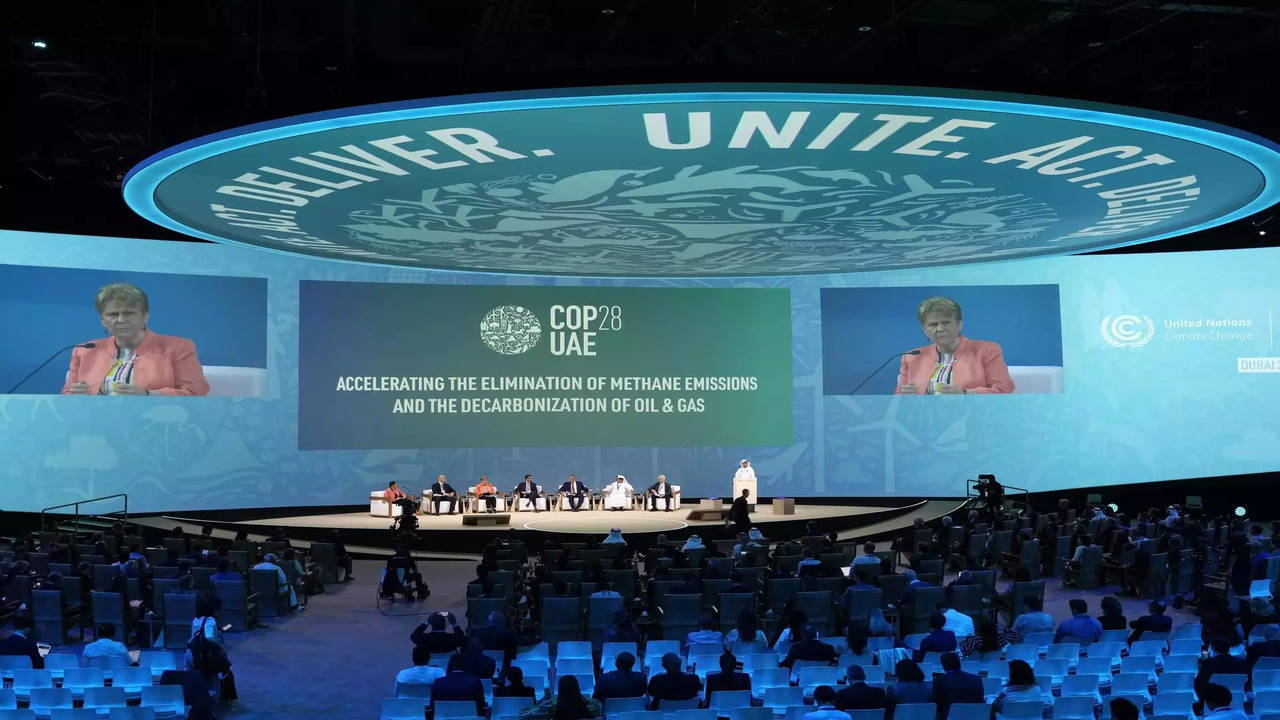
Judge Mohamed Abdelsalam, Secretary-General of the Muslim Council of Elders, emphasized the urgent need for unified action against climate change. The summit will see representatives from major religious traditions, alongside environmental experts, discussing strategies to mobilize faith-based communities for sustainable development. Abdelsalam stressed the importance of leveraging the moral authority of religious leaders to inspire collective efforts towards climate justice.
COP29 President Mukhtar Babayev outlined the ambitious goals for the summit, which include agreeing on a new collective quantified goal for climate finance and finalizing the operationalization of Article 6 of the Paris Agreement. The summit will also focus on fully operationalizing the Loss and Damage Fund, encouraging countries to submit 1.5°C-aligned Nationally Determined Contributions (NDCs), and advancing adaptation finance. Babayev highlighted the importance of inclusive and transparent negotiations to ensure that the commitments made at COP29 are robust and actionable.
A unique feature of this year's summit is the establishment of the "Faith Pavilion," a collaborative effort involving the Muslim Council of Elders, the Holy See, and other faith partners. This pavilion will serve as a hub for interfaith dialogue and engagement, aiming to foster ambitious climate action. Dr. Sultan Al Jaber, COP28 President, underscored the significance of including faith-based communities in climate discussions, noting their vital role in mobilizing grassroots support for environmental initiatives.
The Baku summit also aims to deliver a unified faith declaration on climate action, drawing on the collective influence of religious leaders to promote global climate justice. Participants will address the ethical responsibilities of faith communities and explore ways to integrate scientific insights with religious teachings to enhance climate resilience. The event will feature calls to action from climate activists and discussions on topics such as faith and sustainability, and faith for planetary resurgence.
The summit's timing, ahead of the COP29 conference, underscores the urgency of addressing climate change. By bringing together diverse religious voices, the organizers hope to amplify the message that climate action is a moral imperative that transcends national and cultural boundaries. This collaborative approach aims to build a powerful coalition that can drive meaningful progress in the fight against climate change.
This event marks a significant step in the ongoing efforts to engage faith communities in the global response to the climate crisis. With high-profile participants and a comprehensive agenda, the Baku Faith Summit sets the stage for influential discussions that could shape the outcomes of the upcoming COP29 conference.
Topics
Live News
